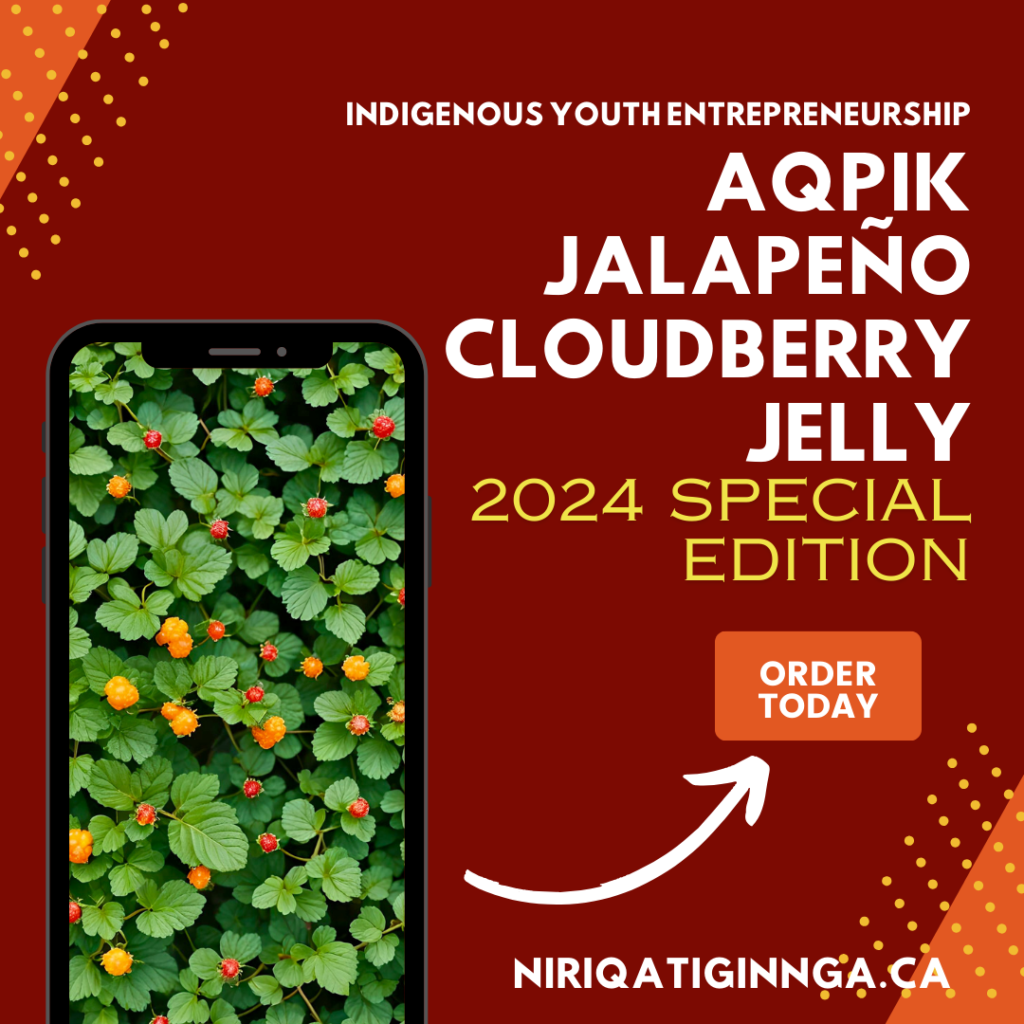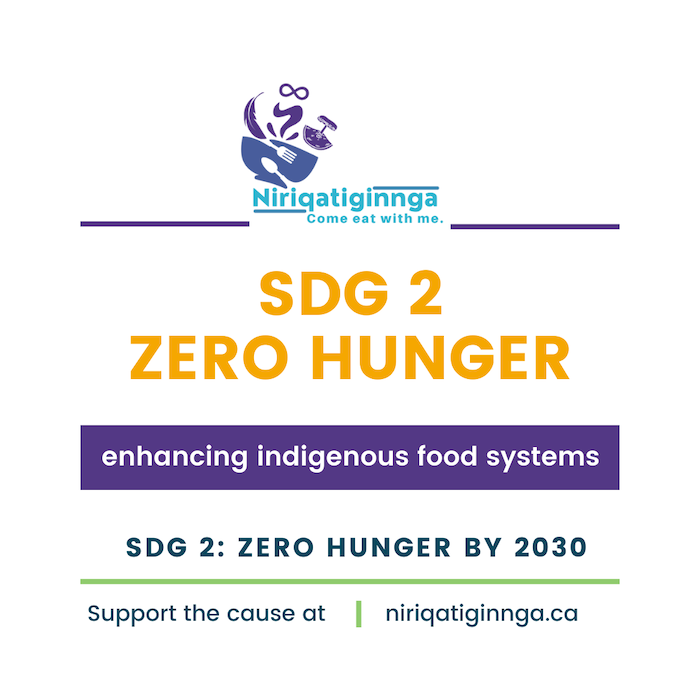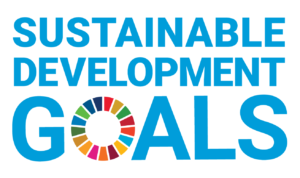The internationally recognized human right to adequate food encompasses access to food that provides necessary nutrients for a healthy life. Canada committed to this right 45 years ago, but food insecurity persists, especially in northern and Indigenous communities.
Food security means consistent access to healthy food, while food insecurity results from factors like poverty and high food prices, disproportionately affecting Indigenous Peoples, racialized groups, individuals with disabilities, children, lone-parent families, and those with low incomes.
A 2021 report from the Standing Committee on Indigenous and Northern Affairs explores the critical issue of food security in northern and isolated communities, with a specific focus on the Nutrition North Canada (NNC) program.
In 2020 and early 2021, the House of Commons’ Standing Committee on Indigenous and Northern Affairs conducted a study on northern community food security. The study involved 38 witnesses, eight meetings, and 10 written briefs in the second session of the 43rd Parliament, with one meeting held in the first session before the COVID-19 pandemic disrupted parliamentary work.
Here’s brief outline of the key points and recommendations from the report:
Challenges with the Nutrition North Canada Program:
The report underscores that despite the well-intentioned goal of NNC to make nutritious food more accessible and affordable, there are significant challenges. One of the central issues is the lack of transparency and accountability in the program’s operations. Witnesses expressed concerns about how subsidies were distributed and whether they truly benefited the communities they were intended to help. This lack of transparency has led to a sense of mistrust among community members.
Additionally, witnesses noted that the program did not seem to be effectively lowering food prices in many communities, and there were concerns that it imposed specific dietary choices on communities without considering their traditional food preferences.
Socio-economic Disparities:
Another pressing issue highlighted in the report is the existence of significant socio-economic disparities in northern regions, especially between Indigenous and non-Indigenous populations. Witnesses argued that the NNC program’s “need-blind” approach, where households with varying income levels receive the same subsidy, may not effectively address these disparities. Recommendations were made to evaluate the program’s impact on different income groups and to ensure that those who are food-insecure receive adequate support.
Community-Based Solutions and Food Sovereignty:
The report emphasizes the importance of community-driven solutions to address food security. Witnesses pointed to successful local initiatives such as mentorship programs for young hunters, community freezers for sharing traditional food, community-owned stores, gardens, greenhouses, school food programs, and on-the-land programs. These initiatives, they argued, should be supported and expanded to empower communities to take control of their food systems.
Furthermore, there’s a strong call for embracing the concept of food sovereignty, which recognizes the right of Indigenous Peoples to control their food systems. This approach focuses on revitalizing traditional food systems, respecting the close connection between Indigenous communities and their environment, and supporting the harvesting of traditional foods.
Need for Economic Development and Income Support:
The report acknowledges that food insecurity in northern Canada is deeply intertwined with poverty. Witnesses stressed that addressing the issue requires not only efforts to lower food prices but also initiatives to increase income levels among food-insecure households. Recommendations were made to explore economic development opportunities and income supplements, with a focus on indexing these measures to the cost of living and inflation in the North.
Long-Term Approaches:
Lastly, the report underscores the need for long-term, sustainable solutions to food security in northern communities. It emphasizes that communities in the North cannot continue to address food insecurity through crisis management; instead, they need comprehensive and ongoing support. The government is encouraged to work closely with Indigenous Peoples and Northerners to develop and implement these long-term solutions.
Overhauling Nutrition North Canada
The report’s third recommendation calls for a comprehensive overhaul of the NNC program to better meet the diverse and complex needs of northern and isolated communities. By involving Indigenous Peoples and Northerners in program development and evaluation, addressing socio-economic disparities, expanding support for traditional food practices, and enhancing program transparency and accountability, it aims to create a more effective and equitable food security initiative for these communities.
This includes:
- External Evaluation of NNC: The recommendation calls for a full external evaluation of the NNC program. This evaluation should be conducted in collaboration with Indigenous Peoples and Northerners. The objective is to gain an objective and thorough understanding of how the program is functioning and where improvements are needed.
- Change in Program Mandate: The mandate of the NNC program should be redefined to prioritize and improve food security outcomes in northern and isolated communities. This shift would acknowledge the broader goal of the program beyond simply subsidizing food and focus on addressing the underlying issues of food insecurity.
- Direct Input from Indigenous Peoples and Northerners: To ensure that the program aligns with the specific needs and preferences of Indigenous Peoples and Northerners, mechanisms should be established for their direct input into the program. This includes determining which food items should be subsidized and how the subsidy is used in their communities.
- Expanding the Harvesters Support Grant: The Harvesters Support Grant, which aims to reduce the costs associated with traditional hunting and harvesting activities, should be expanded or supplemented with additional measures. This expansion would increase access to traditional foods, which are an essential part of the diet and culture in northern communities.
- Gender-Based Analysis: A gender-based analysis plus (GBA+) should be conducted to assess how the benefits of the NNC program are distributed among different household compositions and income levels. This analysis would help identify and address any disparities in program benefits.
- Transparency and Accountability: New processes and evaluation measures should be established to ensure that the NNC program is transparent and accountable. This includes mechanisms for monitoring the program’s impact and ensuring that it focuses on addressing the needs of the most vulnerable individuals and families.
- Social Programming Components: To address the broader socio-economic issues contributing to food insecurity, a social programming component should be integrated into the NNC program. This component could include initiatives aimed at poverty reduction, income support, and other social assistance programs.
- Expanding Retail Subsidy Eligibility: The eligibility criteria for receiving the retail subsidy from NNC should be expanded to include agricultural producers, community cooperatives, non-profit organizations, and community organizations such as food banks. This expansion would diversify the sources of food and services available in remote and isolated communities.
- Multiple Stores per Community: Whenever feasible, the NNC program should support more than one store per community. This would increase competition and choice for community members, potentially leading to lower food prices.
- Expanding Eligibility Criteria: The eligibility criteria for communities receiving NNC support should be reviewed and expanded. Some communities that may not lack year-round road or marine access but still face high levels of food insecurity due to a disproportionate proportion of household income spent on food should be considered for inclusion.
- Including Non-Food Items: The list of eligible items subsidized by NNC should be expanded to include non-food items sold in participating stores and used for hunting, fishing, and gathering. This recognizes the importance of these items in sustaining traditional food practices.
- Reducing Administrative Burdens: Steps should be taken to decrease the administrative burden required for stores and organizations to join the NNC program. Simplifying administrative processes can encourage more retailers to participate, thereby increasing access to subsidized food.
Innovative Solutions for Northern Food Security: Bridging Gaps with Technology and Collaboration
Recommendation 5 from the report emphasizes the importance of recognizing and enabling food sovereignty as a fundamental prerequisite for achieving food security in Indigenous and Northern communities.
Provide Sustainable Funding and Resources: To support the goal of food sovereignty, the government should allocate long-term and sustainable funding and resources to empower Indigenous Peoples and Northerners. This funding should be directed toward community-based projects that strengthen local food production and processing capacity. By investing in these projects, communities can become more self-reliant in terms of food production.
Explore Innovative Technologies: In order to enhance local food production, processing, transport, and storage, it’s essential to explore and adopt innovative technologies. These technologies can help communities overcome geographical and climatic challenges and improve the efficiency and sustainability of their food systems. Establish
Co-developed Mechanisms and Governance Models: Collaboration is crucial. The recommendation suggests that new mechanisms and governance models should be developed through co-development with Indigenous Peoples and Northerners. This collaborative approach ensures that policies and programs are designed in a way that respects the unique needs, values, and aspirations of these communities.
A Focus on Existing Food Systems: The recommendation underscores the significance of acknowledging and building upon the traditional and well-established food systems that have been in place in Northern and Indigenous communities for generations. This recognizes that these communities have a deep understanding of their local food ecosystems and cultural practices related to food.
The report recognizes the complexity of food insecurity in northern Canada and calls for a multifaceted approach that addresses issues related to the NNC program’s transparency, socio-economic disparities, community-based solutions, food sovereignty, economic development, and income support.
The report’s recommendations also aim to empower northern communities to regain control over their food systems, improve food security, and ultimately enhance the overall well-being of residents in these remote and isolated areas.
Read the full report here.




